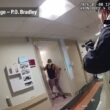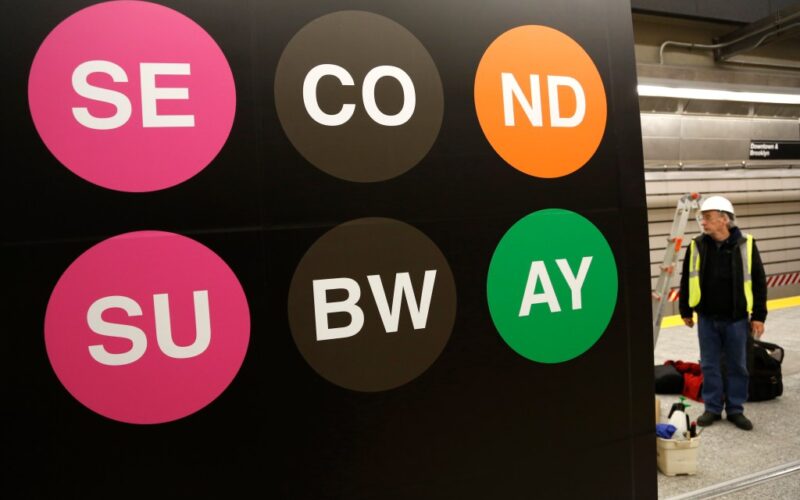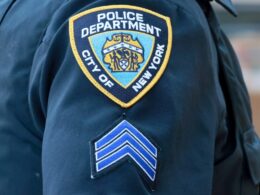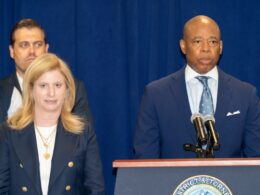The board of the MTA is expected to hold a special session Monday in order to approve a nearly $2 billion contract to dig the bulk of the next phase of the Second Ave. subway.
“This day is a long time coming,” Jamie Torres-Springer, the Metropolitan Transportation Authority’s head of construction and development, said at a briefing Friday. “This project is so critically important for East Harlem, but it is also the linchpin of improving the regional transportation network in a lot of ways.”
If approved, the board will award a $1.97 billion contract to a joint venture between Halmar International and FCC Construction.
The consortium will be tasked with three projects: converting 2,500 feet of abandoned 1970s-era tunnel between E. 116th St. and E. 120th St. into a new 116th St. station; digging out a station below E. 125th St. between Lexington and Park Aves. to house a new station connected to the Nos. 4, 5 and 6 trains, as well as Metro-North; and boring a pair of new, 8,400-foot tunnels north from the end of the 1970s-era tunnel at 120th St. and Second Ave. to 125th St. and Lenox Ave.
“It’s the majority of the major civil [engineering] work,” Torres-Springer said, in describing the contract’s scope.
Evan Simko-Bednarski / New York Daily News
MTA Construction and Development boss Jamie Torres-Springer. (Evan Simko-Bednarski / New York Daily News)
The work is expected to start in September and take four years to complete. Full service in the new tunnels — which would bring rail transit to East Harlem for the first time since the demolition of the Second Ave. elevated line in the 1950s — is scheduled to begin in late 2032.
“It’s been over a century since the people of East Harlem were promised a new subway connection,” Gov. Hochul said in a statement. “Governors came and went and this promise remained unfulfilled for far too long.”
“Now, with the MTA poised to award this major contract, the time for promises to East Harlem is over and the time for building is here,” she added.
MTA officials said Friday that the tunnel-boring contract includes several efforts to reduce costs for this phase of the Second Ave. subway, which has an overall price tag of roughly $7 billion.
The construction consortium is already in talks with a German manufacturer about purchasing a set of new tunnel-boring machines, officials said, which would not only dig through the soil and rock beneath East Harlem, but would also line the tunnel with pre-formed concrete as they dig — removing the need to have a separate crew of workers line the tunnel.
Torres-Springer said that feature alone was expected to reduce the necessary work-crew headcount by 40%. That, along with other efficiencies in new tunnel-boring tech, is expected to save roughly $100 million in labor costs.
Additionally, the 116th St. and 125th St. stations have been redesigned with smaller footprints for the ancillary equipment rooms.

The tunnel-boring machines, which must be built to order, would be expected to reach New York City by early 2027, and would be launched from E. 120th St. The tunnels are expected to be completed by August 2029.
When the machines reach the end of their run just past E. 125th St. and Lenox Ave., transit officials said their cutting heads would remain in the ground. While that is in part to save on the price of labor required to remove the heavy equipment from under the ground, Torres-Springer acknowledged Friday that the MTA was still studying the possibility of continuing to dig westward.
A westward expansion of the Second Ave. line — connecting the Q line to the A, C, B and D lines at St. Nicholas Ave. and to the the elevated No. 1 train at Broadway — was first floated by the MTA in 2023, and was backed by Gov. Hochul last year. If undertaken, that project is expected to cost an additional $7 billion.
Originally Published:








